Simply coming up with a viable business idea can be fairly challenging, so actually managing to launch a business is somewhat laudable in itself. In the grand scheme of things, though, that’s where the real work starts. Any startup can hold out for some months before reaching the point of failure, but without meaningful growth there’s little hope of long-term survival.
What needs to be done, then? Workers need to be competent and dedicated, of course, and any customers that can be earned early on must be impressed and kept happy—but one of the biggest differentiating factors tends to be marketing (both quantity and quality). A startup can have a revolutionary product or service, but if no one knows about it, no sales can be made.
In this post, we’re going to take a look at 5 essential marketing strategies that can prove very effective for furthering the growth of promising startups. Let’s get to them:
Invest in Facebook Ads
PPC is a tried-and-tested marketing tool for startups because it consistently produces results (when done well, obviously) and scales rapidly (and because organic social media is a no-go area). As soon as you start getting somewhere, you can simply increase the budget. And while there are various PPC options, I suggest sticking with Facebook Ads to begin with.
Why Facebook Ads? Because it offers incredible reach (2.45 billion monthly active users as of the 3rd quarter of 2019), targeting (you can get extremely granular with the campaign settings), and creative options (different types of ads, different styles, different purposes). Whatever audience you’re looking to impress, it should help you bridge that gap.
Focus on Customer Service
Often overlooked as a marketing strategy, providing excellent customer service is in fact one of the most reliable ways to bring in new business. Word-of-mouth recommendations are more powerful than ever, particularly with social media platforms and instant messaging apps allowing people to communicate instantly at any time.
There are two facets to this as a marketing strategy: making customers happy, and giving them easy ways to express that happiness to others. For the former, you should stay proactive with customer communication, be generous with value, and request and act upon feedback. For the latter, you should build a referral reward program and make an effort to thank those who recommend you through social media.
Partner with Relevant Influencers
The word “influencer” can be viewed with negativity and suspicion, all because it’s become an odd ambition for cynical internet users with little of substance to offer, but plenty of influencers truly earn their followers’ trust. Establishing a partnership with the right kind of influencer can prove a savvy move early on in a company’s existence.
An ideal influencer is just starting to pick up momentum, but not yet so assured of their success that they’ve started charging heavily for minor associations. If you pick people within your niche, then giving them free products (or allowing them to try your service or services for free) should be perfectly sufficient. You get coverage, they get content.
Create Strong Guest Posts
You may have noticed that this is a guest post, which shouldn’t come as a surprise: guest posting is very common these days, and for good reason. The writers build strong professional relationships, develop their reputations, and improve their portfolios. The host sites boost their search rankings and show their curation skills. The site visitors get more posts to read.
After launching, one of the first hurdles for a startup is being taken seriously, and demonstrating expertise through writing some exceptional guest posts is a great way to do this. It’s also good practice for writing general marketing copy, and writing skills are very valuable.
Run Social Media Competitions
Competitions always get attention, and there are two main reasons why. Firstly, people like to win: it’s just a part of human nature. Secondly, people like to receive “free” things: they feel as though they’ve beaten the system somehow. And while there are various avenues through which competitions can be held, I strongly recommend choosing social media.
This makes participation extremely easy, raising the likelihood of people participating, and allows various creative options (provide media, answer questions, register purchases, to name a few). In the process, it also generates a lot of useful marketing content, because the activity is highly visible. Users across social media will become familiar with the brand name.
Invest in a Marketing Strategy
The post-launch period is very challenging for startups. When you’re still handling the preparation phase, you can experiment all you like without needing to worry about results—but once the business is up and running, there are bills to pay, customers to earn and a reputation to develop.
Fail to market effectively, and it’ll be exceedingly difficult to grow quickly enough to endure. Plenty of startups fail fairly quickly after launching. If you want yours to escape that fate, invest in promotion, and use the strategies here to make it work.
Rodney Laws is the founder and editor of Ecommerce Platforms, a website that compares website builders, shows you how to launch your very own site and provides useful advice to make your ecommerce business a huge success. Featured image by Rich Brooks via Flickr CC license.

